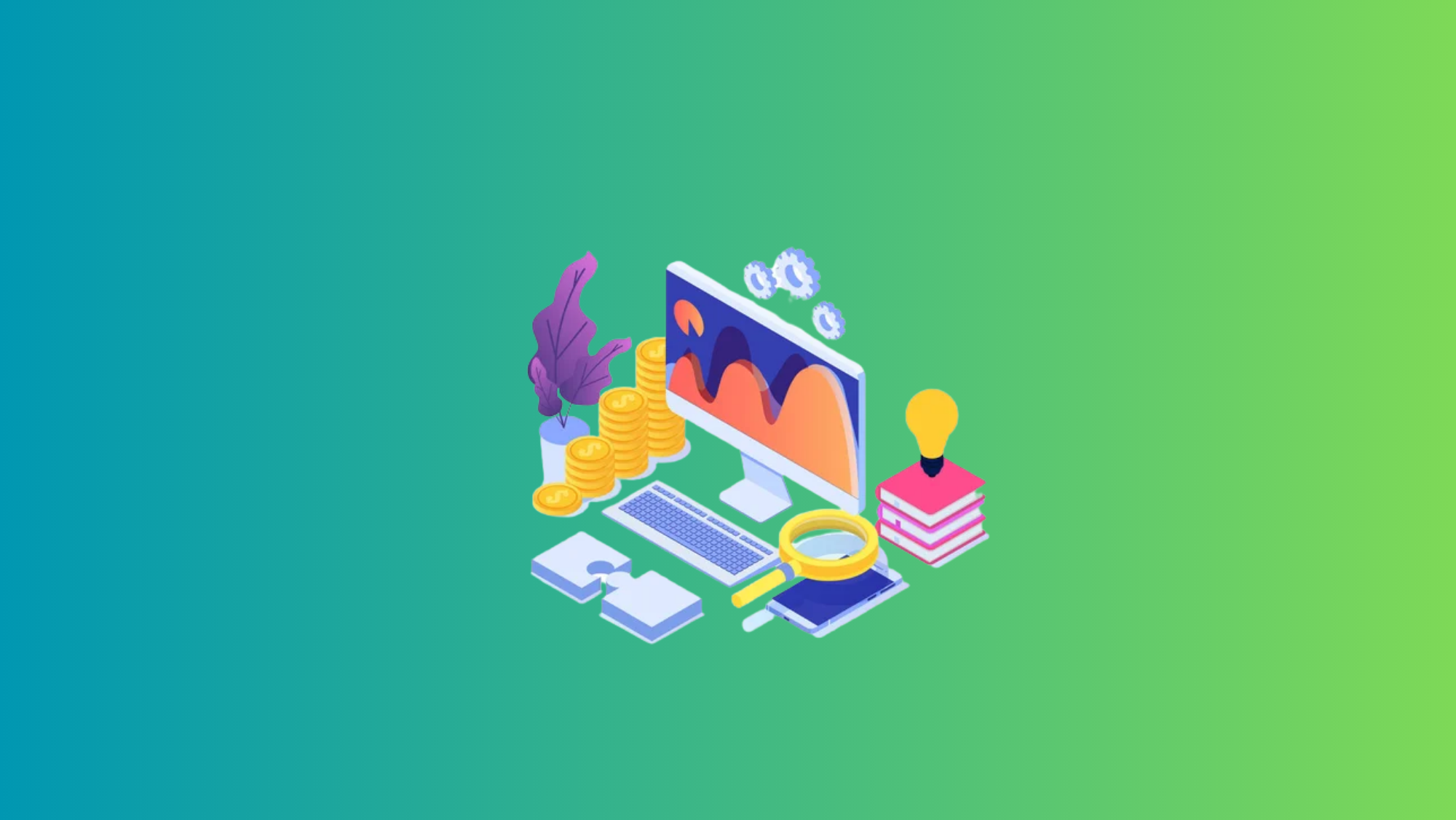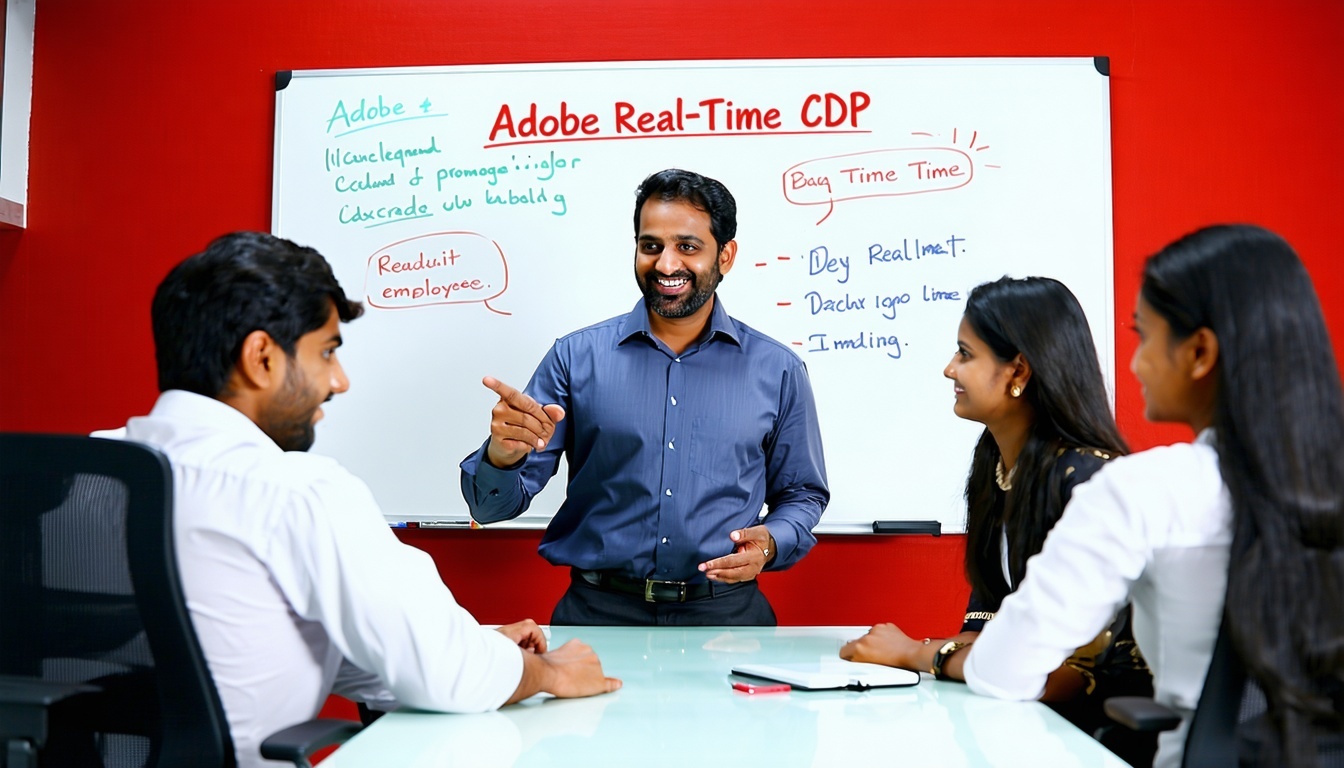Artificial Intelligence (AI) is no longer a futuristic concept—it’s here, reshaping industries, transforming workplaces, and redefining the very meaning of “work.” From automating repetitive tasks to enabling advanced decision-making, AI has become a catalyst for both opportunities and challenges in the job market.
But what exactly does AI mean for workers, businesses, and the future of employment? Let’s dive deep.
1. AI and Job Automation
AI is already automating many routine and repetitive tasks. Jobs that involve predictable, rules-based work are most vulnerable.
Jobs at High Risk of Automation
- Manufacturing roles (assembly line, quality checks)
- Data entry and clerical jobs
- Customer support (chatbots, IVRs)
- Basic accounting & bookkeeping

2. AI as a Job Creator
Contrary to fears, AI isn’t just replacing jobs—it’s also creating new roles and industries.
Emerging Job Categories
- AI Specialists & Machine Learning Engineers
- Data Scientists & Analysts
- AI Ethics & Compliance Officers
- Prompt Engineers (Generative AI)
- Human-AI Collaboration Designers
3. The Skills of the Future
AI is shifting the demand from hard technical skills to a balance of tech + human skills.

Key Skills Needed:
- Technical Skills: AI/ML, data analytics, cloud computing
- Human Skills: Critical thinking, creativity, adaptability, emotional intelligence
- Hybrid Skills: Human-AI collaboration, digital fluency, ethical reasoning

4. Human-AI Collaboration: Augmentation, Not Replacement
Instead of replacing humans, AI often augments human capabilities.
- Doctors use AI for faster diagnosis.
- Marketers leverage AI for personalized campaigns.
- Teachers use AI-powered tools for adaptive learning.
AI + Human = Super Productivity
5. Ethical & Social Implications
While AI brings efficiency, it also raises concerns:
- Job Displacement – How will workers transition?
- Bias in AI Systems – Can AI make fair decisions?
- Privacy Concerns – Who controls the data?
- Inequality – Will AI benefit the few or the many?
Survey: Worker Sentiment Toward AI (2024)
- Excited: 45%
- Worried: 35%
- Neutral: 20%
6. Preparing for the AI-Driven Future
Both individuals and organizations must adapt.
For Workers:
- Upskill in AI and digital tools.
- Focus on uniquely human skills.
- Stay adaptable—lifelong learning is key.
For Businesses:
- Reskill and retrain employees.
- Build ethical AI practices.
- Foster human-AI collaboration.
Conclusion
AI is not the end of work—it’s the beginning of a new era of work. While some jobs will disappear, many more will evolve or be created. The future workforce will thrive on a blend of technology, adaptability, and human creativity.
The question is not “Will AI take our jobs?” but rather “Are we ready to work alongside AI?”




.jpg)

No Comments Yet
Let us know what you think